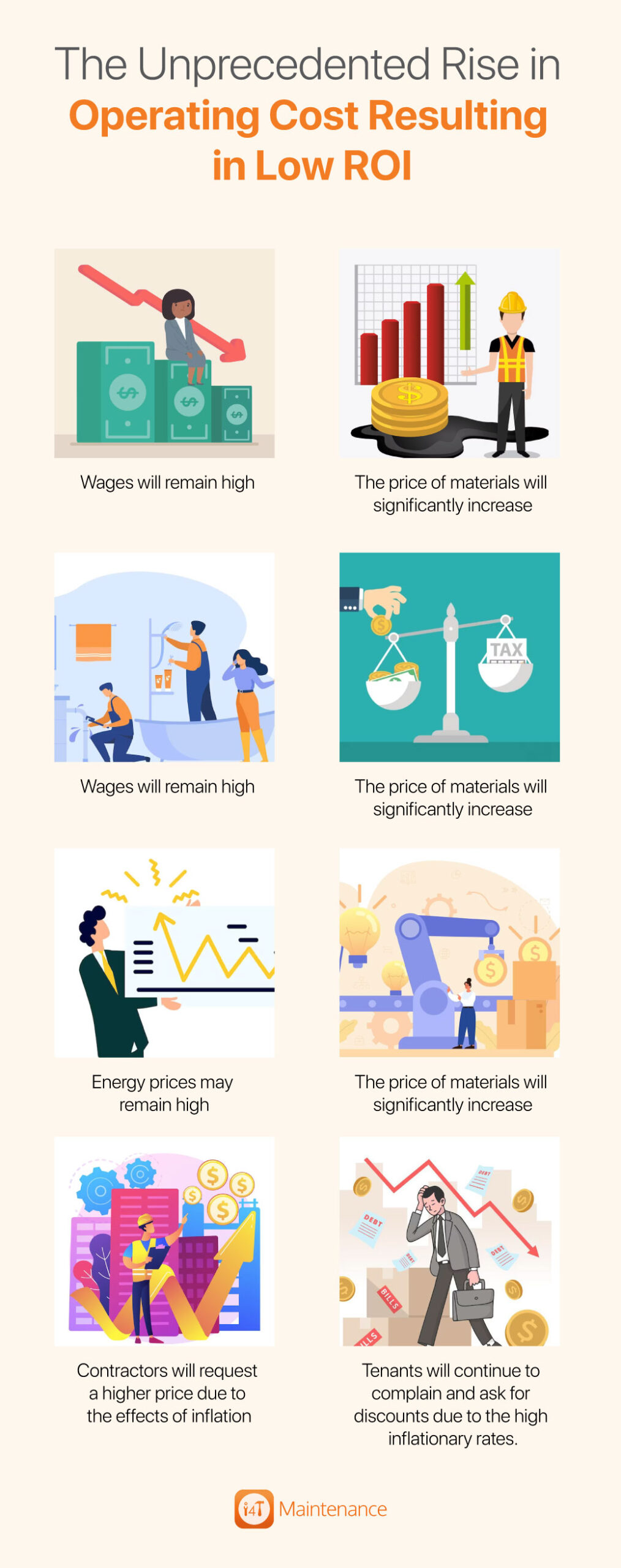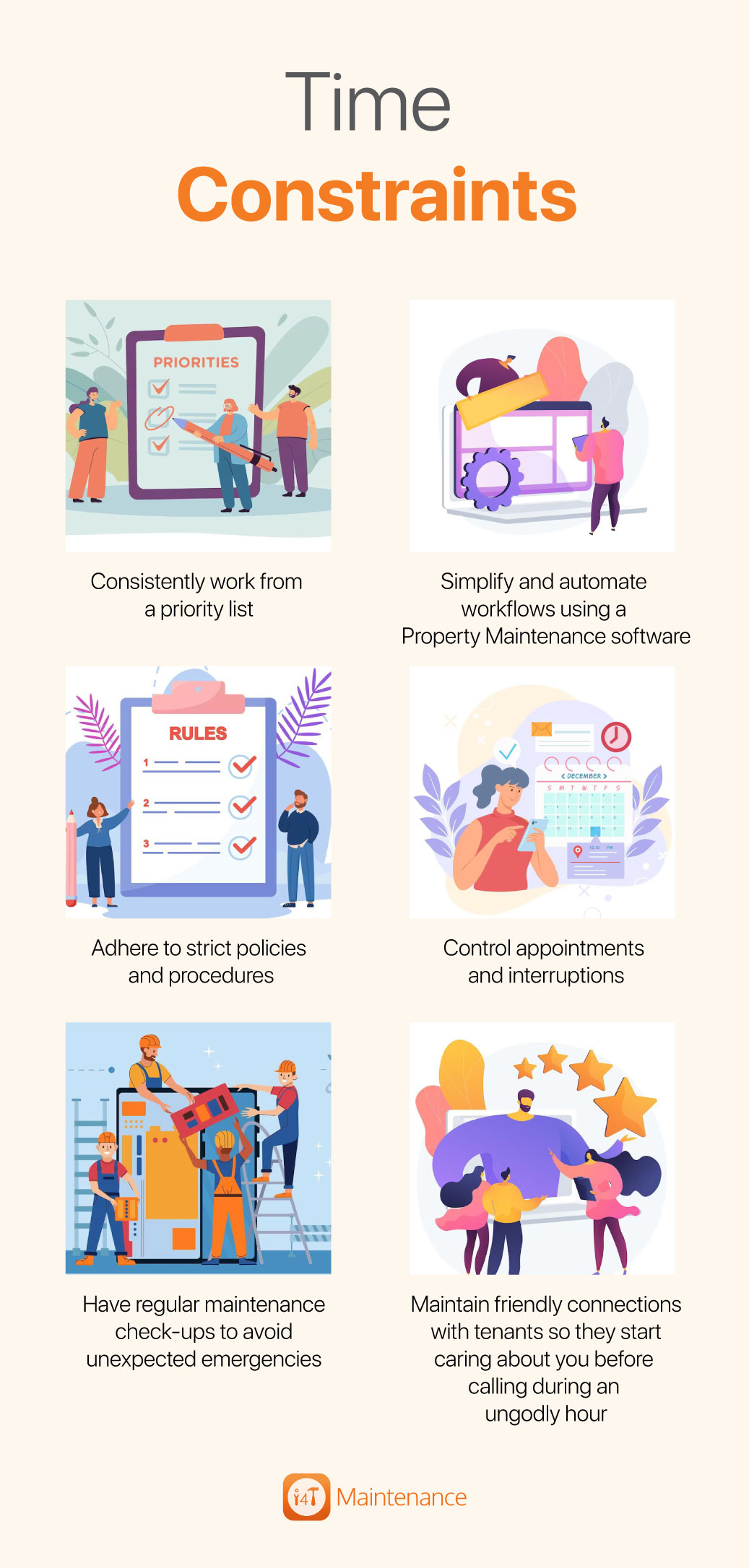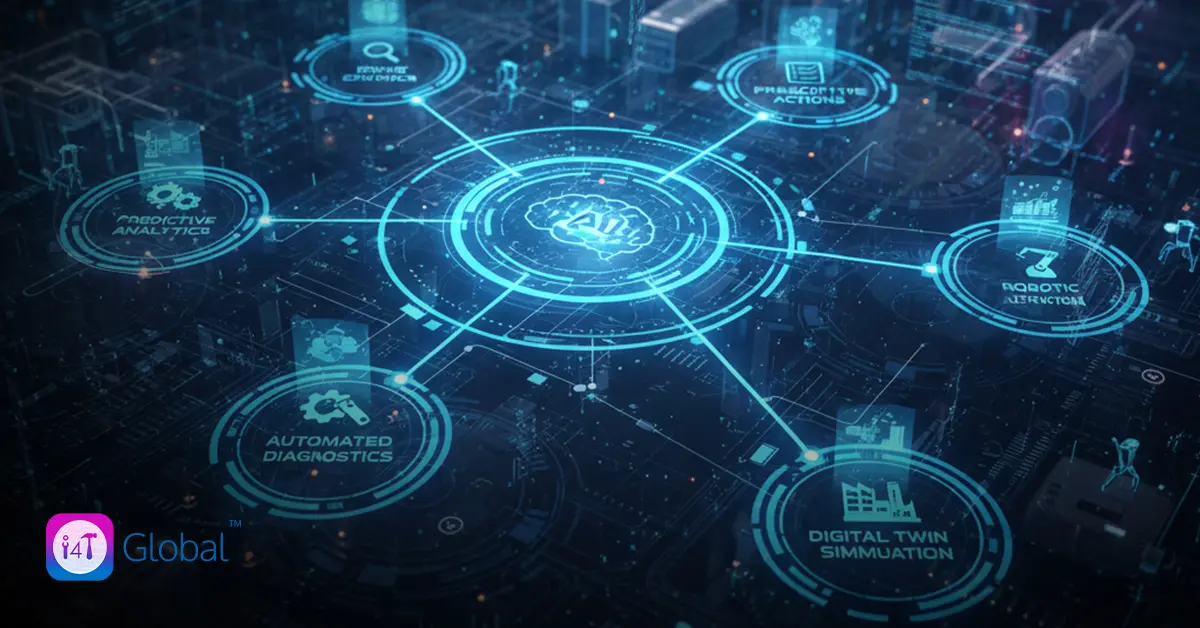Property management is a business that keeps evolving from time to time. The job, for instance, requires managing and maintaining the physical structure and amenities. In addition, it is also about dealing with tenants from various racial and ethnic backgrounds.
While it may sound fun and exciting, dealing with people can sometimes become hard. Today, most people change their careers to full-time property management in the belief that it is a lucrative business. While it may be true to an extent, like all professions, it too has its challenges.
If you are reading this, you might already know what is property management and what a property manager does in their daily life. So, without further ado, let’s discuss some property manager challenges.
7 significant issues faced by property managers
1. The unprecedented rise in operating cost resulting in low ROI
Unlike traditional times, the cost of doing this business is exceptionally high. No matter where you live, COVID-19’s significant impact on global inflation rates will have a big effect on your budgeting. A few of the reasons why the cost will remain high are as follows:

As a result of the rising operating cost in the property management sector, the return on investment is meager.
Here are a few tips to avoid such situations:
Get a good handle on your operational budget and determine what prices you need to charge to break even.
- Make an effort to comprehend your client’s preferences and priorities. Knowing their requirements, expectations, and risks, you can set your fee according to the value you provide.
- Analyse your staff’s capacity: Do you have qualified employees? How many more units can you add to your portfolio without hiring new employees? Do they have the right tools to perform the task?
2. Finding and retaining tenants
The most challenging task for any property manager is finding good tenants. Yet, keeping them is even harder.
Not all tenants are good tenants. Finding and retaining good tenants can be very draining and may lead to depression.
A property manager will be required to do everything, from writing persuasive copy to posting ads on the appropriate platforms. Drafting lease agreements and checking the backgrounds of potential tenants are also some of the things they will have to do.
Developing strong communication skills can help enhance tenant well being. This will attract good trustworthy tenants and will help you retain them longer.
Always keep in mind the property’s worth. This is because you should never, ever give away your property by lowering the rent you are getting on it. A property manager should be aware of market rates. After this, you should base your pricing on the fair market value of the property.
3. Time constraints
There are not enough hours in the day for residential property managers. That’s why it's becoming so important to automate certain tasks.
Time management is a skill you must have as a property manager.
There is always something that requires their attention or a task that needs to be completed. A property manager’s constant struggle is to answer calls at ungodly hours.
This is why, between maintenance at the property and emergency phone calls from tenants, they are left with plenty of stress. Therefore, to survive the maze of property management, practical task management and time management are essential skills to master. To manage the demands of the day, one must:

5. Property damage and unexpected maintenance issues
As a property manager, always be prepared to get a call for maintenance issues from your tenant.
It is your duty, as a property manager, to fix any property repairs immediately. For example, on a chilly night, you cannot allow your tenants to sleep with a broken furnace.
How can you request quick repairs if you lack the resources to cover them? Therefore, set up a reserve account specifically for emergency repairs to ensure you have enough money to cover any repairs. Additionally, have a list of vetted suppliers handy and ensure they are available in the hour of need.
Another tip would be to adopt a preventive maintenance strategy. It is the best way to minimise unexpected repairs on your property. After all, it is better to address property damages while they are still accessible and affordable. Hence, plan out a schedule for regular maintenance services and make sure your contractors or your staff adhere to that schedule.
6. Changing regulations and administration
It’s a sad fact that many property management companies are struggling or slowly dying because of very poor administration. The issue is that most property managers are not taught organisational skills, which causes them to schedule poorly.
Even though it doesn’t get much attention, maintaining the administration is very important. By doing so, you will have the power to know everything that runs across your surroundings.
As an illustration, new laws and regulations continue to be added to the real estate sector’s legislative framework. Although complex, staying current with these regulatory changes is necessary. If attention is not given, changes can lead to devastating fines.
Using a CMMS platform like i4T Maintenance not only simplifies admin work but also helps you keep on top of your compliance game.
Hence, if you wish to avoid 99% of your problems, start paying attention to having a detailed administration process with a CMMS solution.
7. Expansion
Given the aforementioned difficulties, the growth of the property management industry may prove to be a significant barrier. Expansion should be carefully planned, strategically approached, and carried out. Make sure you can manage the current operations smoothly before expanding further.
If not, adding too many units to your portfolio too quickly can be the sole reason of your failure. The problem lies in planning. More units equate to more administrative work, meetings, stakeholders to satisfy, emails, operational activities, and staff.
While there is a legitimate need for expansion, the strategy and plan are frequently flawed. Thereby, resulting in pressure and rising costs, poor service, and ultimately, value-related problems.
That does not have to be the case. You can avoid such problems by streamlining operations with property maintenance management software.
Final thoughts
However, sometimes despite our best efforts, things do end differently than what we had initially planned. Unfortunately, the world of real estate and property management is very much one of “survival of the fittest.”
However, like all challenges, there are solutions for each of them, and integrating property management software is one of them.
Many real estate professionals continue to use outdated systems that weren’t intended for efficient property management. This is why opting for a cloud-based CMMS solution can help your business in more than one way.
Let us look at how it can help you eliminate critical challenges. Property management software can enable you to ensure the following:
- Better compliance through efficiency
- Automated reports, bills, and other paperwork
- Control more units without hiring more staff.
- Access information (from any location) for all parties involved.
- Track each of your properties
- Build relationships between your employees and clients
- Improve tenant satisfaction
Embracing property management software can help you stop wasting resources and scale your business as well as your revenues. .
Do you need a trusted partner to help you with success? We highly recommend using the i4T Maintenance software. This premium solution is the one-stop-shop for overcoming all your challenges.
We hope this article has guided you to learn everything about property management and how to overcome critical challenges. Success is your next step. Do not let anyone tell you otherwise!
Hot off the press!

With our cutting-edge technology and in-depth knowledge of how the Field Service Management sector operates, the i4TGlobal Team loves to share industry insights to help streamline your business processes and generate new leads. We are driven by innovation and are passionate about delivering solutions that are transparent, compliant, efficient and safe for all stakeholders and across all touch points.




